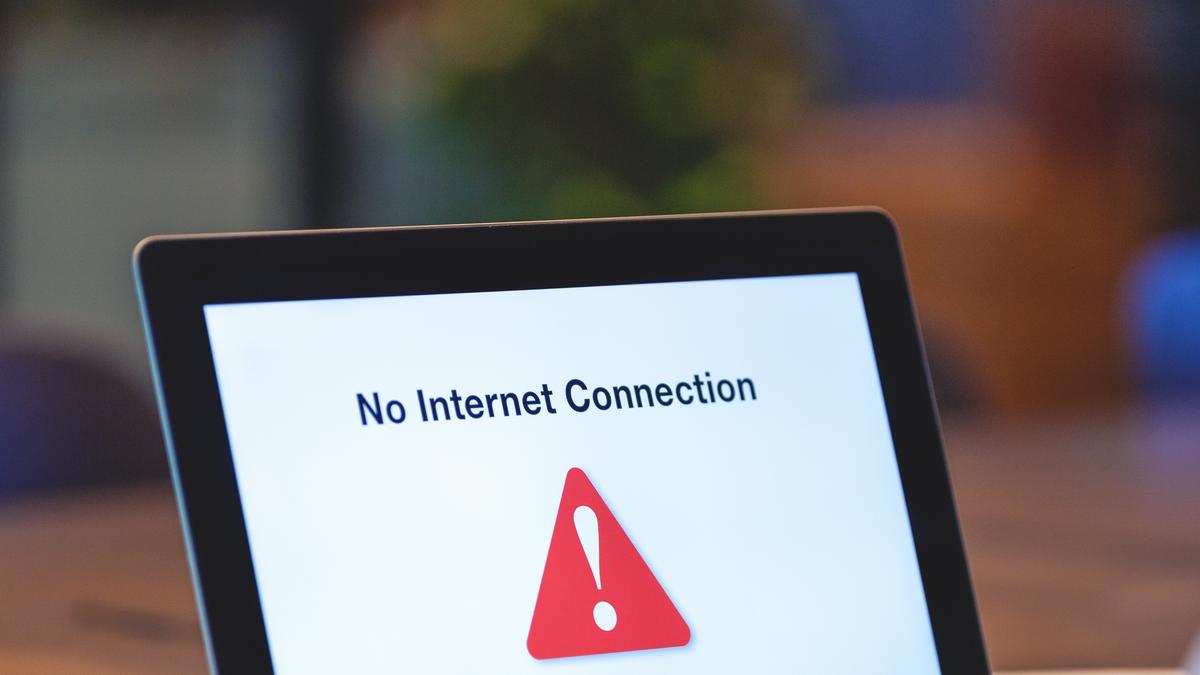ARTICLE AD BOX
Last Updated:June 02, 2025, 10:21 IST
Addressing fears of another catastrophic wave, Swaminathan said periodic surges—roughly every 6-8 months—are expected, largely manageable, and low in severity

Dr Soumya Swaminathan said Covid-19 is now an endemic part of life and vigilance and preparedness are necessary. (PTI)
Influenza, and not Covid-19, likely claims more lives each year in India and globally despite the latter dominating headlines, Dr Soumya Swaminathan, former chief scientist at the World Health Organization (WHO), has told News18.
One of the leading experts on infectious diseases, Swaminathan has reassured the public that there is “absolutely no need to panic now".
In an exclusive interview, Swaminathan told News18 that the SARS coronavirus, much like influenza, is now part of the respiratory viruses regularly circulating in the population. “COVID or SARS-CoV-2, which is the virus, is another respiratory virus, like the many others that are circulating amongst us human beings in the world today. It has been around for five years now. It’s, of course, constantly mutating and changing, like other viruses," she said.
When asked whether there’s a possibility of another ‘Delta-like’ wave making a return, she said the public needs to understand “very clearly" that “we will not see the repeat of 2020 or 2021. At that time, human beings had never seen this virus before".
According to her, these periodic surges—roughly every 6-8 months—are expected and largely manageable. “We have also now started seeing that periodically…There is a rise in circulating Covid-19 cases," she noted, citing data from the Indian Council of Medical Research (ICMR), which indicates that the Omicron variant JN.1 has recently become the dominant strain.
“ICMR database clearly shows that in the early part of this year, influenza strains were predominantly causing respiratory infections. Now, after the middle of April and certainly in May, SARS-CoV-2 has become the predominant viral strain in the country that’s causing respiratory infections."
Swaminathan, before her ground-breaking role at WHO, was the Director General of the Indian Council of Medical Research (ICMR) and secretary of the Department of Health Research in India.
She, however, says that despite the increase in cases, the severity remains low. “What you’re seeing now is a mild disease mostly. Even though people are testing and reporting positivity, you find that hospitalisations are rare," she said.
Swaminathan highlighted that individuals with underlying health conditions should continue to take precautions. “People who have underlying illnesses… are likely to get a little sicker when they get a respiratory infection," she warned, adding that this applies to both Covid-19 and influenza.
The flu virus may pose a greater threat than Covid-19. “Influenza probably kills a lot more people in India and around the world… it makes a lot of sense for vulnerable people to take the flu vaccine, which gets updated every year."
Addressing fears of another catastrophic wave, she assured the public: “It will not happen that we will have a repeat of 2020 or 2021… Today, the virus cannot spread in the same way because it is met with a strong immune response."
Do we need booster shots or updated vaccines?
According to Swaminathan, there is a need to evaluate the efficacy and cost-effectiveness of updating vaccines, especially in countries like India. “We see that illness is mild, not requiring hospitalisation… There doesn’t seem to be any reason to start a booster campaign now," she said, although she acknowledged the importance of preparing for potential future variants through continued research and updated vaccine development.
She also outlined five key areas for pandemic preparedness. “We need new legislation today that will cover biological threats like pandemics," she said, adding that “India should have its own list of priority pathogens… and mechanisms for developing vaccines and therapeutics".
Also, she said: “Every state must have a public health cadre… It’s essential to deal with so many health risks today, along with the improvement of health literacy and public engagement, which is critical."
What should you do?
“Let’s take sensible precautions… I see people travelling in crowded buses, trains, and planes, coughing and sneezing without a mask—that’s just spreading infection."
As for concerns about waning immunity, she explained, “There are two kinds of immunity… antibodies, which decline over time, and T-cells, which have memory. The moment you are exposed again to the same virus… your immune system does its job."
She emphasised that Covid-19 is now an endemic part of life. While vigilance and preparedness are necessary, panic is not. “We can rest assured now… I would say, let’s take sensible precautions… but there’s no need for any panic."

Himani Chandna, Associate Editor at CNN News18, specialises in healthcare and pharmaceuticals. With firsthand insights into India's COVID-19 battle, she brings a seasoned perspective. She is particularly pass...Read More
Himani Chandna, Associate Editor at CNN News18, specialises in healthcare and pharmaceuticals. With firsthand insights into India's COVID-19 battle, she brings a seasoned perspective. She is particularly pass...
Read More
- Location :
- First Published:
News india No 2020-Like Repeat Of Covid-19, Influenza A Bigger Risk: Ex-WHO Scientist Soumya Swaminathan



.png)
.png)
.png)
















 5 days ago
9
5 days ago
9








 English (US) ·
English (US) ·